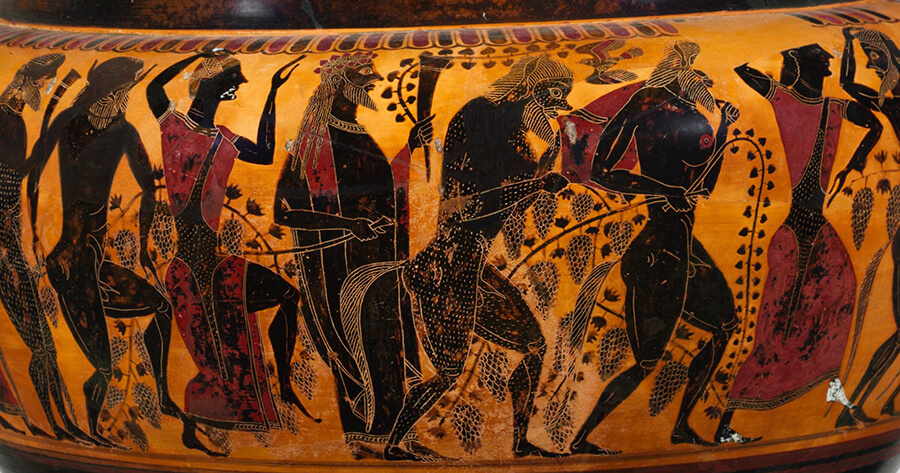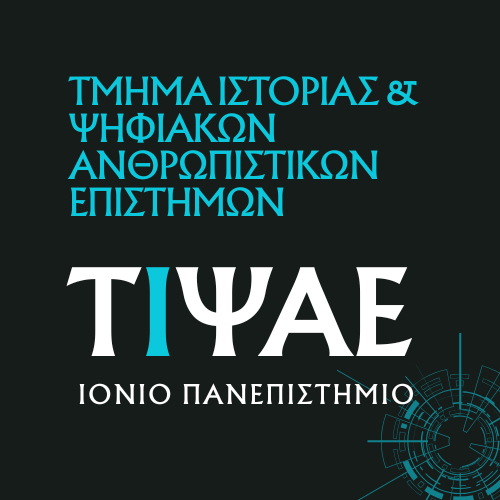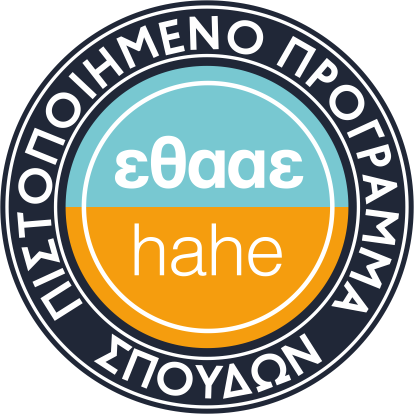Την Πέμπτη 3 Απριλίου, στις 18:00, στο πλαίσιο του σεμιναρίου "Αρχαία Ελληνική Ιστορία και Εθνογραφία: Η Περίπτωση του Ηροδότου” θα δώσει διαδικτυακά διάλεξη ο Δρ. Jurgen R Gatt, Junior College Assistant Lecturer στο πανεπιστήμιο της Μάλτας (L-Università ta' Malta), με θέμα:
"In Vino Sanitas? Wine, Health, and Illness in Herodotus and Hippocrates.”
Η διάλεξη θα διεξαχθεί στα αγγλικά.
Σύνδεση μέσω zoom:
Join Zoom Meeting
https://us05web.zoom.us/j/81843883785?pwd=Cp2CZAYPtJN8QFUGg68XqFfsLh2v1T.1
Meeting ID: 818 4388 3785
Passcode: bvYWP4
In Vino Sanitas? Wine, Health, and Illness in Herodotus and Hippocrates
Jurgen R. Gatt
Two of the most important historical characters found in Herodotus’ Histories – the Great King Cambyses (Hdt. 3.34) and the Spartan King Cleomenes (Hdt. 6.84) – are said to have gone insane because of excessive consumption of (unmixed) wine. Hippocrates’ Regimen in Acute Disease confirms that wine can also cause madness (Acut. 17) and attributed to the drink a powerful menos. In Epidemics 4.15 wine is the purported cause of aphasia and several patients’ illness in the Epidemics are said to have occurred immediately after the patient drank excessively on a previous night. On the other hand, the author of On the Ancient Disease, while acknowledging that though recognizing the potentially effects of excessive wine consumption, recommends wine-consumption for those patients whose constitution can tolerate it (Anc. Med. 14). The author of Regimen even catalogues the various types of wine relevant to medical practice and convalescence (Reg. 52). In Herodotus too, wine is attributed awesome powers to prolong life by the Ethiopian King who accepts only wine as a gift from the Persians (Hdt. 3.22), suggesting that without it the Persians would live even shorter lives.
Taking up the invitation of such texts, this paper examines the pathological and curative qualities which are attributed to wine in the 5th-century. This is done by a close reading of the various different instances of the words oinos in Herodotus and the Hippocratic texts. On the basis of this comparison, this paper aims at establishing the complex intersection between ethnography, health, illness, and the consumption of wine in these works. In so doing, this paper aims to elucidate better the intersection between the scientific, medical, and oenological discourses in late 5th-century prose.




